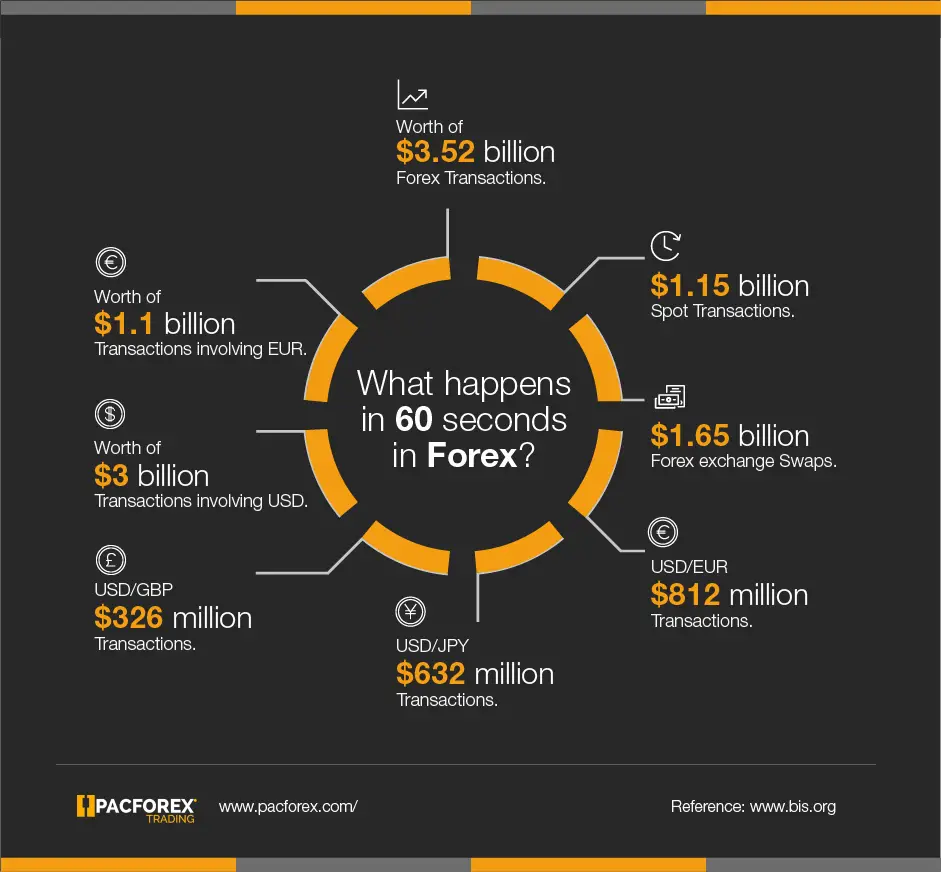The impact of GDP, inflation, interest rates, and unemployment on stock prices.
- Posted on 22 September, 2007
- stocks trading
- By Somto Daniel

Picture the stock market as a lively party. It's full of energy, noise, and unpredictable dance moves. But behind the scenes, several key economic factors are DJ-ing the event, deciding whether the party gets louder, mellows out, or comes to a grinding halt. Those key factors? Gross Domestic Product (GDP), inflation, interest rates, and unemployment.
Understanding how these four economic metrics influence stock prices is like knowing the secret playlist that keeps this party rocking or makes everyone head for the door. So, let’s dive into how these elements affect stock prices, sprinkled with some motivational insights and a bit of humor to keep things groovy!
1. Gross Domestic Product (GDP): The Big Picture
What is GDP?
Gross Domestic Product (GDP) represents the total value of all goods and services produced in a country over a specific period. Think of it as a country’s “income statement.” When GDP is growing, it usually signals a healthy economy, which often bodes well for stock prices. Conversely, when GDP is shrinking, it might be time to buckle up!
How GDP Impacts Stock Prices:
- Positive GDP Growth: When GDP is expanding, companies typically generate higher revenues, leading to better earnings, which can boost stock prices. Investors love growth because it means more profit potential.
- Negative GDP Growth: If GDP contracts or grows too slowly, it may indicate an economic slowdown or recession. This usually leads to lower corporate earnings, making stocks less attractive.
The stock market is a device to transfer money from the impatient to the patient.
GDP is like the country’s report card — when it’s good, everyone gets ice cream; when it’s bad, it’s time for broccoli and a serious talk.
2. Inflation: The Sneaky Price Raiser
What is Inflation?
Inflation refers to the rate at which the general price level of goods and services rises, eroding purchasing power. In simpler terms, it's that annoying friend who keeps making everything more expensive over time.
How Inflation Impacts Stock Prices:
- Moderate Inflation: A moderate level of inflation is often seen as a sign of a growing economy, which can be good for stocks. Companies can raise prices and boost profits, which is music to investors' ears.
- High Inflation: When inflation gets too high, it reduces consumers' purchasing power, leading to lower demand for goods and services. Companies face rising costs for raw materials, wages, and other inputs, which can squeeze profit margins and cause stock prices to fall.
- Deflation: This is the opposite of inflation, where prices fall. It may sound good, but deflation can lead to decreased consumer spending, lower corporate earnings, and stock market declines.
Inflation is taxation without legislation.
Inflation is like that guest who keeps eating all your snacks — at first, it’s just annoying, but eventually, it gets downright expensive!
3. Interest Rates: The Cost of Money
What Are Interest Rates?
Interest rates represent the cost of borrowing money. They are set by a country’s central bank (like the Federal Reserve in the U.S.) and can have a profound impact on the economy and stock prices.
How Interest Rates Impact Stock Prices:
- Low-Interest Rates: When interest rates are low, borrowing becomes cheaper for both consumers and businesses. This encourages spending and investment, which can lead to higher corporate earnings and, consequently, rising stock prices.
- High-Interest Rates: Conversely, when interest rates are high, borrowing becomes more expensive. Consumers and businesses cut back on spending, which can slow economic growth and hurt corporate profits, often leading to lower stock prices.
Do not save what is left after spending, but spend what is left after saving.
Interest rates are like coffee — too much, and the economy gets jittery; too little, and it falls asleep at the wheel.
4. Unemployment: The Economy’s Health Check
What is Unemployment?
Unemployment measures the percentage of people who are actively looking for work but aren’t currently employed. High unemployment rates usually indicate a struggling economy, while low rates suggest economic health.
How Unemployment Impacts Stock Prices:
- Low Unemployment: When unemployment is low, more people are working, earning, and spending money. This boosts consumer demand, leading to higher corporate revenues and stock prices.
- High Unemployment: High unemployment rates can lead to reduced consumer spending, lower corporate earnings, and falling stock prices. It’s the equivalent of the DJ playing sad, slow songs at the party — everyone wants to leave.
The more you learn, the more you earn.
Unemployment rates are like the number of empty seats at a concert — if too many are empty, it’s not a good sign for the show!
5. Connecting the Dots: How These Factors Interact
These four factors — GDP, inflation, interest rates, and unemployment — don’t just exist in isolation. They are interconnected, creating a complex web that can impact stock prices in different ways.
- Rising GDP and Low Unemployment: This usually leads to higher consumer spending, which boosts corporate profits and stock prices.
- High Inflation and High-Interest Rates: When inflation is high, central banks often raise interest rates to cool things down. This can lead to reduced consumer and business spending, lower GDP growth, and falling stock prices.
- Low-Interest Rates and Low Inflation: A sweet spot for the stock market, this combination encourages spending and investment without the drag of rising prices, leading to higher stock valuations.
In investing, what is comfortable is rarely profitable.
Think of these factors like your in-laws — they all have different personalities, but together they can create a lot of drama!
6. The Role of Central Banks: The Puppeteers Behind the Curtain
Central banks, like the Federal Reserve in the U.S., play a crucial role in managing these economic indicators. Through policies like adjusting interest rates and controlling the money supply, they try to balance economic growth with inflation control.
- Raising Interest Rates: Central banks may raise rates to combat high inflation. While this can cool down an overheated economy, it often leads to lower stock prices.
- Lowering Interest Rates: Conversely, they might cut rates to stimulate a sluggish economy, which can boost stock prices by encouraging borrowing and spending.
The intelligent investor is a realist who sells to optimists and buys from pessimists.
Central banks are like referees in a soccer game — when they blow the whistle, everyone better pay attention!
7. Why Investors Should Care: It’s All About the Returns!
Understanding these economic factors can help investors make more informed decisions about where to put their money. It’s not just about watching stock prices; it’s about understanding the story behind those prices.
- Navigating Market Volatility: Knowing how GDP, inflation, interest rates, and unemployment affect stocks can help you stay calm during market turbulence.
- Finding Opportunities: When you understand the broader economic picture, you can spot opportunities that others might miss.
Opportunities come infrequently. When it rains gold, put out the bucket, not the thimble.
Investing without understanding these factors is like playing darts blindfolded — you might hit the bullseye, but you’re more likely to hit the wall!
Conclusion: Keep Your Eyes on the Bigger Picture
In the world of investing, understanding the impact of GDP, inflation, interest rates, and unemployment is like having a GPS in a complex city. It won’t guarantee you’ll never get lost, but it can help you navigate the twists and turns more confidently.
So, the next time you hear about inflation spiking or unemployment dropping, don’t panic. Take a step back, assess the broader economic landscape, and make your investment decisions with a cool, calm, and rational mindset. After all, the stock market is a dance — sometimes it’s a waltz, sometimes it’s a tango, but with the right knowledge, you’ll always know which steps to take!
Final Thought: “The stock market is filled with individuals who know the price of everything but the value of nothing.” — Philip Fisher
Keep learning, stay patient, and remember: in the grand dance of the stock market, the most important move is to keep moving forward. 💃🕺📈




0 Responses